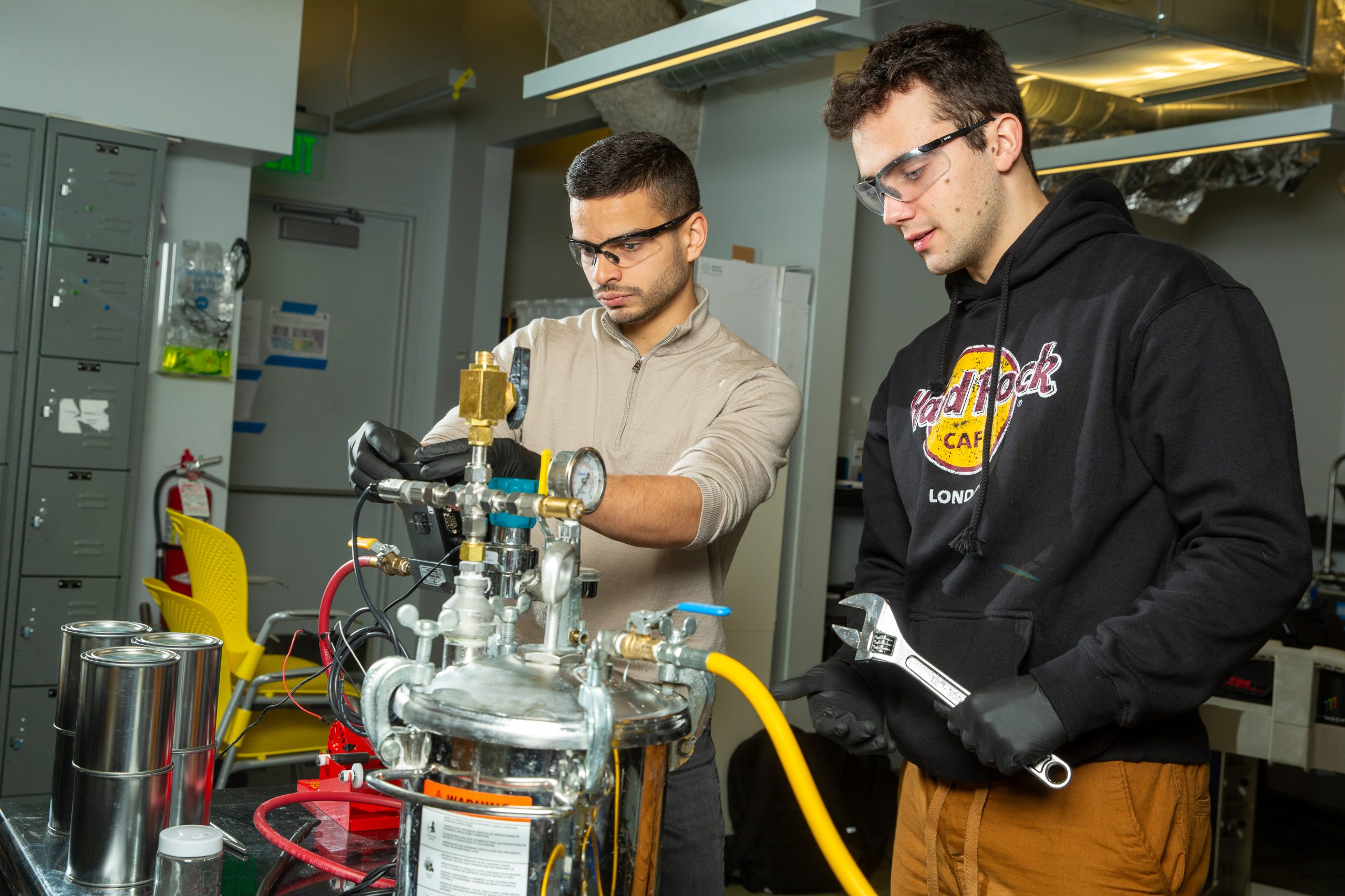“We will once again give you the facts that show that our secretary of health, Adonis Georgiadis, is lying systematically and shamelessly.” This statement is flaunted on the home page of the Metropolitan Community Clinic, in Athens. Not exactly the words you would expect from a health facility. But then, this is no average health facility. The Metropolitan is a “social clinic,” where all the doctors and assistants commit themselves for a period of at least two years to provide free health care to uninsured sick people. And right now there are a lot of those in Greece.
Cardiologist Giorgos Vichas is the inspired founder and director of the clinic. Two and a half years ago, when he looked around and saw what the economic crisis meant for more and more patients, he decided to start providing free health care. He rallied a number of his colleague friends, and together they started their clinic in the southern part of Athens.
Next door to the clinic is a derelict basketball stadium with a rusty corrugated iron roof full of holes. Opposite stands a lone barracks behind high barbed-wire fencing. The only cheerful tone in these desolate surroundings is the clinic’s logo above the door: four colorful dolls in a circle holding one another’s hands. The door is open. Inside, at least ten people are waiting. Two counter assistants are busy on the phone. Off and on, people from various rooms come to the counter with papers and boxes of medicine. The phone rings nonstop.
Here, Vichas heads a team of some 100 doctors and 150 assistants. Many of them have a paid job apart from this work; some are jobless. The Metropolitan harbors all kinds of specialists: eye doctors, gynecologists, physical therapists, orthopedists, psychologists, cardiologists, dentists. The clinic offers diagnostics and medical treatment. On top of that, the chronically ill can come back for medication, follow-up examinations or psychological support. Since the clinic started up, some 25,000 patients have been treated. The Metropolitan accepts no financial donations. An understandable decision, given the recent revelations of multi-million-dollar frauds by some Greek NGOs. “If someone drops in offering a hundred thousand dollars,” says Vichas in his treatment room, “I write down on a piece of paper what our needs are and tell them, ‘Here you are—go and buy it wherever you want and bring it to us.’ That’s how donors get to know us and will get to know the patients we’re helping.”
Most of all, the clinic needs medicine, which is also received through donations. When there was a lack of expensive drugs for cancer, an appeal through social media inspired numerous relatives of deceased patients to bring in the leftover drugs of their loved ones.
If pharmaceutical companies want to donate drugs, they can, but the clinic won’t give publicity as compensation. When one large private clinic offered to take care of all vaccinations for children in exchange for the mention of their name on all publications by the clinic, it was turned down. Then—“with the help of the clinic’s little guardian angel,” co-initiator Maria Rota smiles—came a phone call from a Greek lady in Switzerland who offered to pay for all the vaccinations without any public acknowledgment.
This is an excerpt from a longer article that was printed in the Summer 2014 edition of The Intelligent Optimist. Click here to sign up.

Doctors without orders
More of Today's Solutions
MIT engineers convert soda cans and seawater into zero-emission fuel
BY THE OPTIMIST DAILY EDITORIAL TEAM In a breakthrough for sustainable energy, MIT engineers developed a way to produce hydrogen fuel from ordinary elements ...
Read MoreResearch reveals that ADHD may have given us an evolutionary edge
In an unexpected twist, features formerly associated with Attention Deficit Hyperactivity Disorder (ADHD) are now being studied via an evolutionary lens. A new study ...
Read MoreThe science behind the top 2 personality traits people look for in romantic p...
In a world dominated by superficial characteristics, a recent study published in the Archives of Sexual Behavior offers a novel viewpoint on love preferences. ...
Read MoreMicrowave magic redefines lithium recovery in batteries
BY THE OPTIMIST DAILY EDITORIAL TEAM As the need for rechargeable technology—from smartphones to electric vehicles—increases, so does the demand for lithium. This rare ...
Read More










